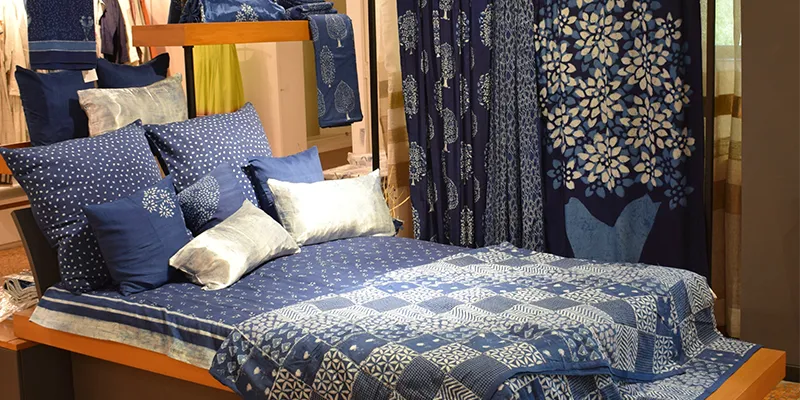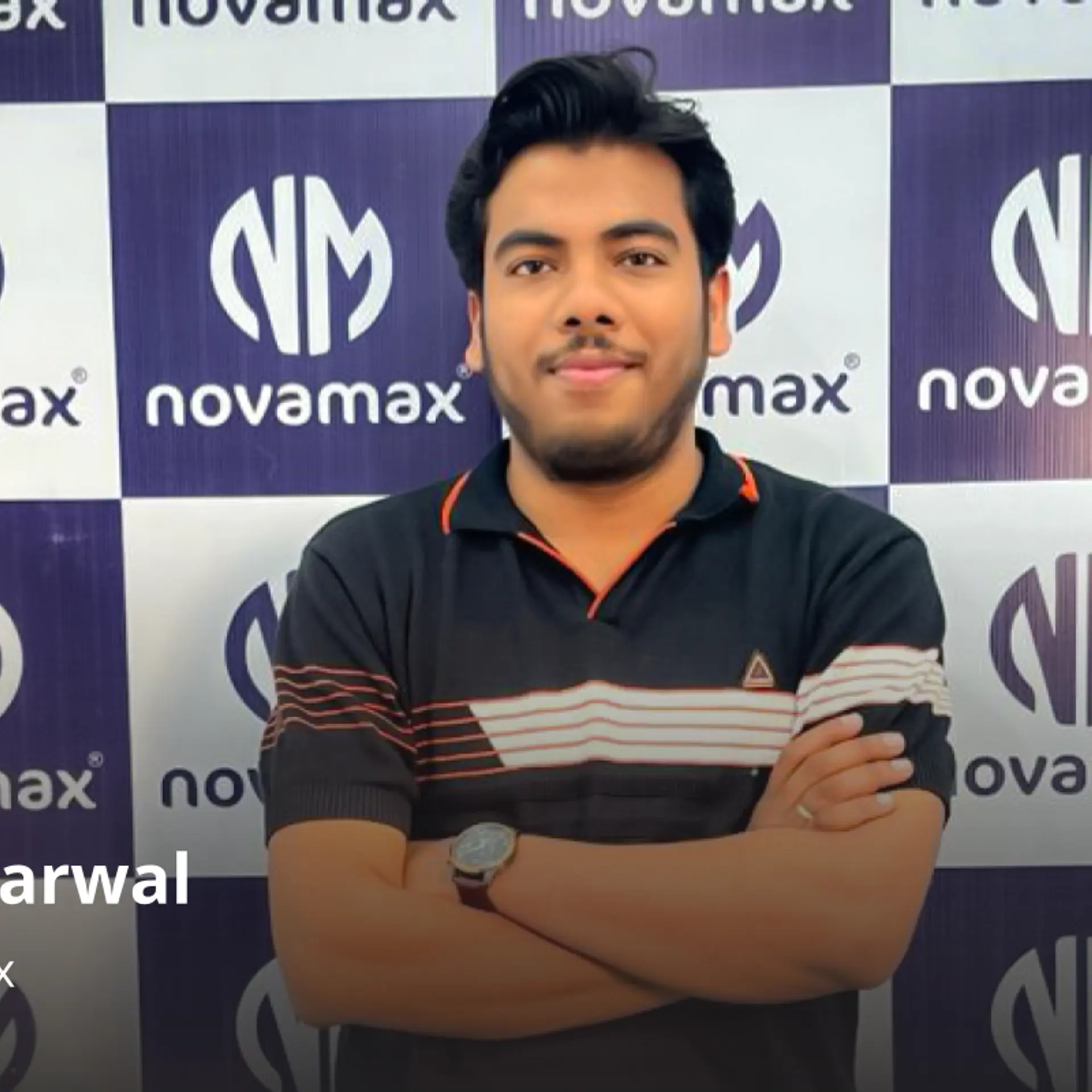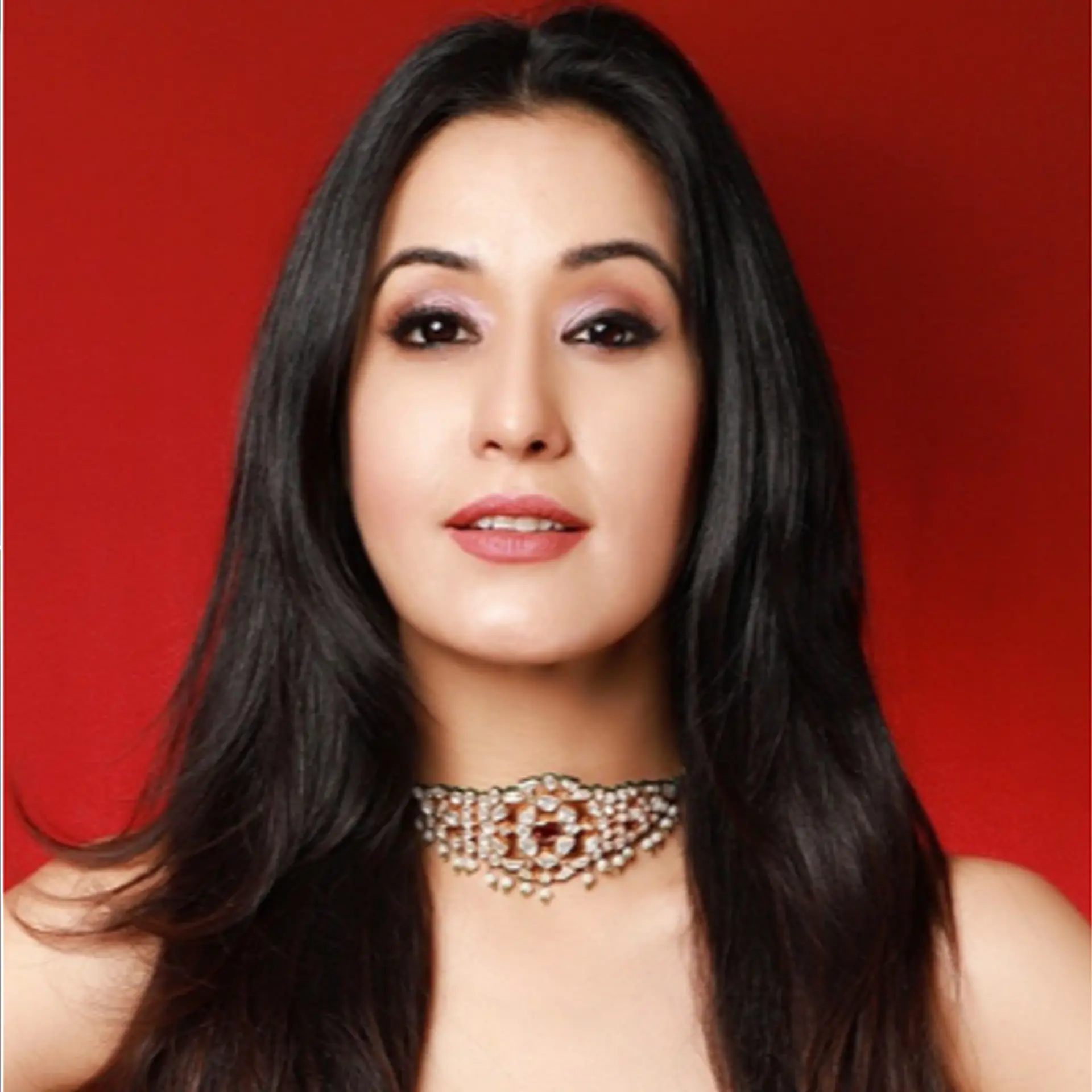This craft studio is working to preserve Rajasthan’s ancient fabric printing technique
With Rs 3.5 crore turnover last year, Alka Sharma’s Aavaran is seeing success and has recently launched a store in Bengaluru, after one each in Udaipur and Jaipur.
Dabu is an ancient mud resist block-printing technique used on fabrics. Originally from Rajasthan, the Dabu process is famous for producing cloth of exquisite craftsmanship and design. A highly labour-intensive process, the technique would have died out if not for the efforts of a few individuals who were keen to revive and sustain it.
Among the revivalists is 41-year-old Alka Sharma who launched Aavaran to preserve Dabu printing as well as carry forward the tradition of indigo dyeing practiced in Akola near Udaipur, Rajasthan. The business started its journey in 2008 and has been actively marketed since 2011.
“It is critical to keep alive the craft of Dabu as it is sustainable and environment-friendly. Our craftspersons are trained for zero-wastage production. Everything is made by hand,” Sharma explains. “It is not only important to understand crafts, but also to value them. We are taking Dabu printing to the next level,” she says.
A textile graduate from Jaipur, Sharma currently lives in Udaipur and has been working with rural indigenous communities to manufacture garments, home furnishings and accessories under the Aavaran brand. Its collections include women’s sarees, kurtas, shirts, tops, stoles, dupattas, pajamas and skirts.
The brand also has a menswear line, a children’s range as well as home furnishings such as bed linens, durries, tableware, cushion covers, quilts, etc.
These products feature traditional Indian motifs and designs which are developed by its in-house team of designers and executed by the artisans, says Sharma. Further, each collection of garments, home furnishings and accessories uses indigo and a selection of eco-friendly natural dyes.
Sharma says her business clocked a turnover of Rs 3.5 crore last year, and it recently launched a store in Bengaluru (its third one, after Udaipur and Jaipur).
Aavaran’s origins
As a child living in Anwar in Rajasthan, Sharma used to see her mother weaving dhurries and other hand-woven products. “Looking at this from childhood, I was always inclined towards local craftsmanship. The female members in the family used to sit at home and weave, and ended up teaching others around them,” she explains. “I got my mother to teach me as well, and I got involved.”
Her father was in the police and he used to get transferred often. As Sharma’s family moved around quite a bit, it helped her explore more traditional craft forms. “Initially, my father didn’t totally understand textiles. He wanted me to get into teaching or medicine,” she recalls.
In 2003, Sharma graduated from the Indian Institute of Crafts and Design in Jaipur. After her graduation, she was keen to revive and sustain Dabu, she says.
“Dabu is essentially a process using wooden blocks. It starts with the preparation of mud resist, made from calcium hydroxide (slaked lime) and gum,” she describes. “This gum is made from acacia or babul seeds. The clay is then prepared by passing it through a sieve.”
This mud resist has to be prepared afresh before each printing process. “It is applied on the fabric with wooden blocks which we have developed,” Sharma says.

Aavaran's extended range of products
"By preserving this technique, I also wanted to ensure the economic empowerment of indigenous craft persons in the region,” she explains. “With this in mind, I was able to conceptualise Aavaran and hope to become an entrepreneur. My husband supported me financially, and he still helps me,” she adds.
Alka also formed a self-help group to support the artisans and took a five-year project under the ‘Baba Ambedkar Hasth Shilpa Yojna’, Ministry of Textiles, Government of India, to train women.
After availing financial assistance from the Ministry of Textiles, Sharma brought everything together to launch Aavaran in Udaipur, Rajasthan, alongside the Centre of the Study of Values (COS-V), a leading NGO for the development of rural communities of southern Rajasthan.
A platform for preservation
Aavaran began its journey by participating in several exhibitions across the country, with a limited collection of apparel and home furnishings. “The response was tremendous and hugely encouraging and that prompted me to expand both the business and the offering of the label. Soon, I began to offer select women’s wear collection to leading stores including Amethyst in Chennai, Options in Ahmedabad, Ogaan in Delhi and Hyderabad, Melange in Mumbai, Ensemble in Delhi and Azaa in Mumbai,” she says.
After attaining craftmark membership in 2012, the brand went on to become a member of the Export Promotion Council of Handicrafts (EPCH) and the Udaipur Chamber of Commerce and Industry (UCCI). The label continues to participate in exhibitions and showcases across India to enhance the visibility of the Dabu craft. A selection of Aavaran garments and accessories are now available internationally in stores in the US, Korea and Japan.
Alka’s work has meant a greater awareness of the craft’s value. “Earlier, the artisans in Akola only made Phentiya (traditional hand block printed skirt) and only two units practiced block printing and sold products, while other local artisans made products for their own use,” says Sharma.
Today, Aavaran employs more than 100 people in its design and production departments and supports 200 women workers across four independently-run training centres in the villages of Debari, Matun, Kanpur and Zawar in Rajasthan,” Sharma says. ‘They are paid well, their lives have become better, and they are better equipped to educate their kids.”
Here, women are provided training by Aavaran in machine stitching and handwork like basic embroidery, button-making, paper craft and dhurrie making. According to Sharma, this offers a unique platform for interaction and learning between designers and craftspeople, builds a closely-knit community with a well-connected network and acts as a rich source of varied craft skills.
Sharma has also conducted several workshops, including a design development workshop for leather artisans and a design development workshop on bamboo.
A sustainable philosophy
For Sharma’s business, customers were loyal in their payments, but business expenses had to be carefully considered. She also had to be careful with managing her workforce. “For instance, our printing team comprises mostly Hindus, while Muslims make up the majority of the stitching team. We have to manage their relationships well,” she explains.
Festival times are also challenging for the business. “Finishing orders on time is tricky, and sometimes employees go on leave. We have to plan for these in advance,” she says. “During rainy seasons, on the other hand, we cannot print due to scarcity of dry spaces, so we have to pause the printing process.”

The brand's home furnishing and accessories range
In the near future, Sharma wishes to grow Aavaran’s digital presence as well as its production capacity. “Digital mediums are helpful for having my story shared, and this way I am also moving out of my comfort zone,” she says. “We have already started promoting products on social media platforms such as Facebook and Instagram. We will also sell on ecommerce platforms very soon,” she adds.
“I also want to increase production capacity of items that are already in Aavaran’s catalogue,” she adds. “However, I do not want to expand our markets at the same time, because production quality might go down. We want to remain sustainable. Limited expansion into certain cities is okay, so we ventured into Bengaluru because it will be a good market for us,” she says.







